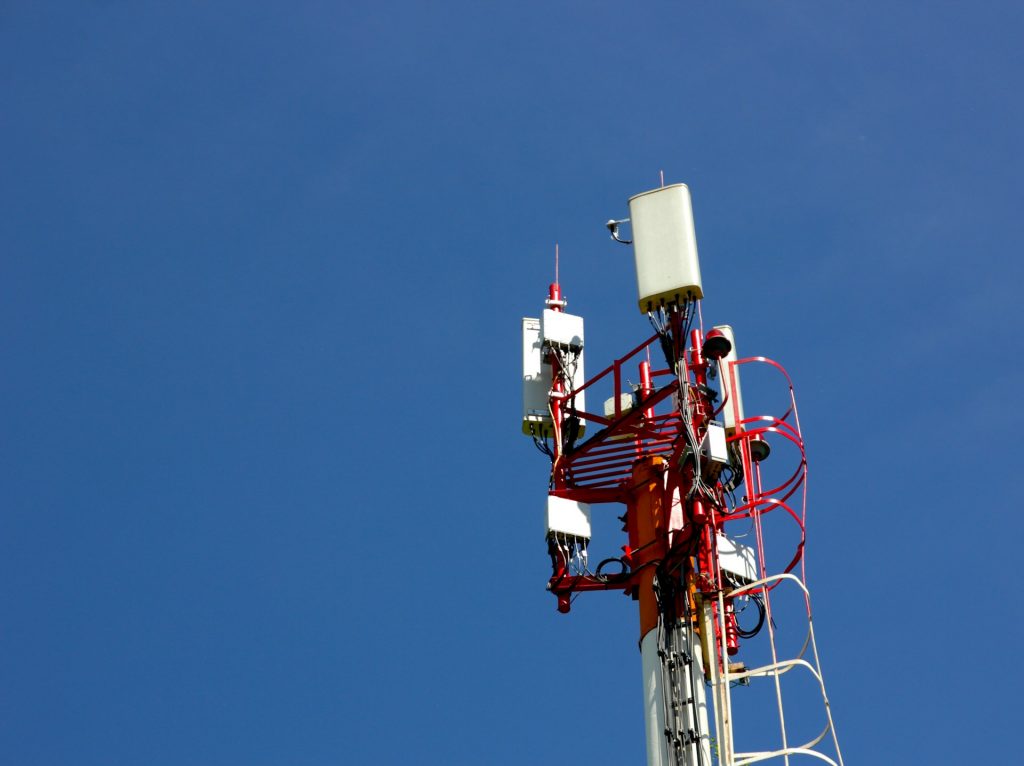Indonesia Explores 5G Collaboration with India for Faster Deployment
2 min read
The Indonesian government is open to establishing cooperation with India to accelerate the deployment of 5G technology across the country. As reported by the Economic Times, India is currently one of the world’s fastest-growing 5G markets since its commercial rollout in October 2022. According to Indonesia’s Minister of Communication and Digital, Meutya Hafid, the potential collaboration is seen as a strategic step to expand 5G coverage without relying solely on the national budget (APBN).
Minister Meutya highlighted that to increase 5G penetration, President Prabowo has emphasised the importance of technological diversification, ensuring that Indonesia is not overly dependent on technologies from the United States or China. India, she noted, is now being considered a new strategic partner capable of offering competitive and proven 5G alternatives.
Data from Ookla reveals that India’s 5G availability saw remarkable growth throughout 2023—rising from 28.1% in the first quarter to 52.0% in the fourth quarter, marking an increase of 23.9 percentage points within a year. As of 2024, 5G services are accessible in 99.6% of the country’s districts, with over 469,000 5G Base Transceiver Stations (BTS) installed nationwide by February 2025. “For 5G, we may need a more diversified approach, perhaps through India’s technology,” Meutya remarked.
Despite the encouraging prospect of working with India, Meutya acknowledged that Indonesia still faces significant hurdles in developing its domestic 5G infrastructure. A recent report from the Global System for Mobile Communications Association (GSMA) estimates that Indonesia’s 5G penetration will remain at around 3% in 2024. However, this figure is projected to grow to 32% by 2030, provided that supportive policies and a mature ecosystem are in place.
Therefore, building a robust 5G network has been positioned as a medium-term national agenda, one that requires cross-sector collaboration and intelligent use of available resources. “This [5G penetration] is a major task because Indonesia is vast. Transitioning from 4G to 5G involves a wide coverage area. That’s why we consider it a medium-term goal,” Meutya concluded.





